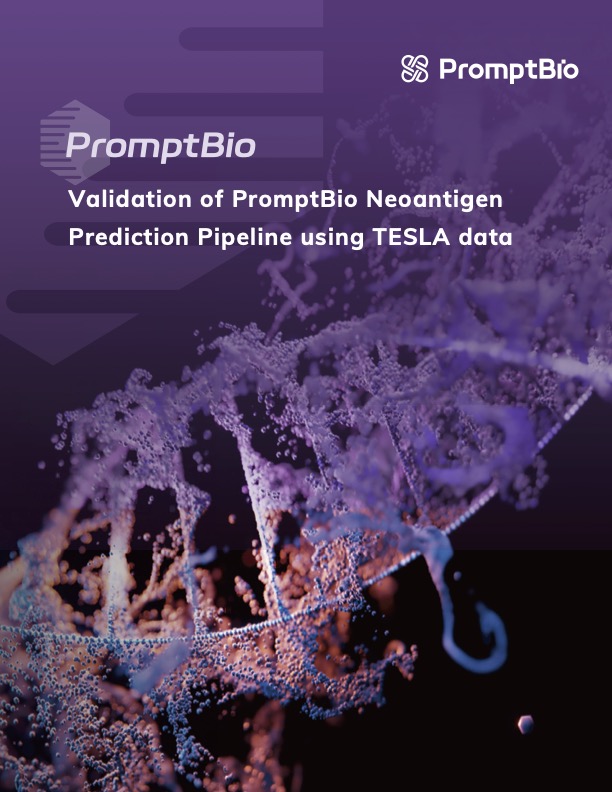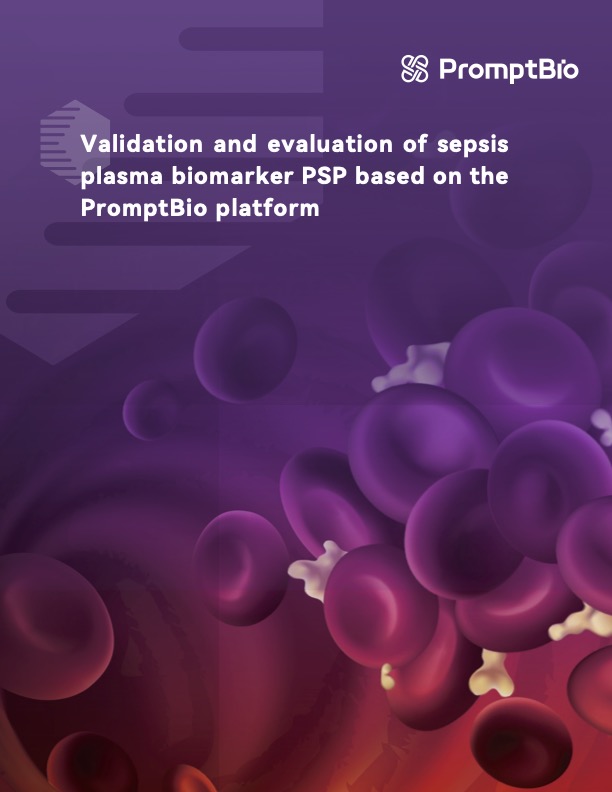Use cases
Discover how PromptBio transforms data into actionable insights across diverse fields in the life sciences. Our platform empowers researchers, scientists, and data professionals with streamlined data access, robust analytics, and automation tools tailored to meet the specific challenges.

Multi-Omics Analysis to Identify Biomarkers for Endometrial Cancer
Endometrial cancer is a prevalent malignancy affecting the uterine lining, with significant implications for women's health. This study employs a multi-omics approach to identify biomarkers for endometrial cancer, leveraging data from Clinical Proteomic Tumor Analysis Consortium (CPTAC). By utilizing the PromptBio platform, we integrate genomic, transcriptomic, and proteomic data to uncover molecular markers associated with different subtypes of endometrial cancer, including the aggressive copy-number high (CNV-H) subtype, and identifies predictive markers for CTNNB1 mutation status and antigen presentation machinery (APM) status. The study demonstrates the efficacy of the MLGenie framework in biomarker discovery, offering insights into potential diagnostic tools and personalized therapeutic strategies for endometrial cancer.
Multiomics Treatment Response Analysis with the PromptBio Platform
This white paper presents a comprehensive reanalysis of the data from "Proteogenomic analysis of chemo-refractory high-grade serous ovarian cancer" (Cell 2023) using the PromptBio platform. The study highlights the platform's capabilities in multi-omics data analysis and integration. The reanalysis exhibits high consistency with the original findings and provides additional insights, including optimized treatment response prediction models leveraging PromptBio's MLGenie tool, Homologous Recombination Deficiency (HRD) status prediction utilizing PromptBio's HRD pipeline, and integrated multi-omics treatment response prediction.
Validation of PromptBio Neoantigen Prediction Pipeline using TESLA data
This white paper provides a comprehensive validation of the Prompt Bio neoantigen prediction pipeline using data from the Tumor Epitope Selection Alliance (TESLA). The validation aims to demonstrate the efficacy and accuracy of the Prompt Bio pipeline in identifying clinically relevant neoantigens, which are crucial for personalized cancer immunotherapy. By leveraging TESLA dataset, a benchmark dataset in the field, this study evaluates the performance of the Prompt Bio pipeline against established standards.
Validation and evaluation of sepsis plasma biomarker PSP
Sepsis is a life-threatening condition that arises from the host's dysregulated response to infection, which can lead to
multiple organ dysfunction, shock, and even death. Studies have shown that for every hour's delay in appropriate treatment,
the mortality rate of sepsis patients may increase by 7% to 10%. Currently, clinicians typically diagnose sepsis using the
method of "infection/suspected infection + scoring (qSOFA/SOFA/NEWS)" or by monitoring biomarkers such as C-reactive
protein (CRP). Over recent years, novel biomarkers have emerged in clinical practice, including pancreatic stone protein (PSP).
This case study aims to showcase the utilization of the text mining and data analysis capabilities of the PromptBio platform
in validating the potential effectiveness of PSP based on publicly available data and exploring whether there are other
potential sepsis biomarkers.
Multi-Omics Analysis of Cystic Fibrosis using Conversation-Based Interactions
This white paper, featuring three videos, demonstrates how to leverage the PromptBio platform to replicate a multi-omics analysis using conversational-based interactions, based on research published in Genome Medicine titled "Interactions between the gut microbiome and host gene regulation in cystic fibrosis." This study explores the complex interplay between host gene expression and gut microbiome composition in individuals with cystic fibrosis. Our results successfully replicate key findings from the original study, affirming the PromptBio platform's ability to produce accurate, reproducible, and publication-grade insights with minimal technical overhead.
Get started with a free trial
Access the next generation of research for life sciences.





